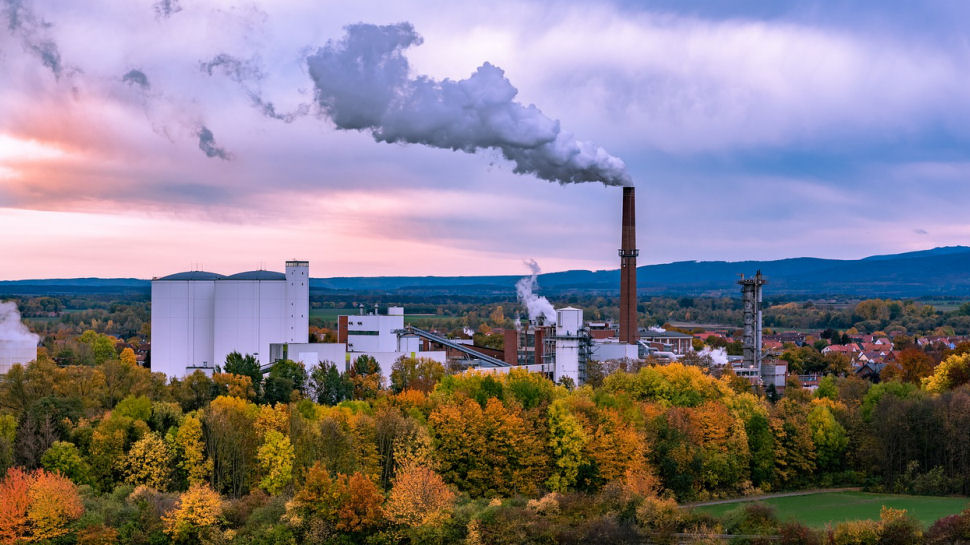Vodafone pushes for IoT and 5G inclusion in UK net zero plans
Vodafone says new tech can reduce emissions

Vodafone is pushing for 5G, IoT and other technologies to play a critical role in the government’s net zero strategy, claiming digital innovations could significantly reduce emissions and create jobs in the UK’s manufacturing heartlands.
The current national target is to reduce emissions by 78% by 2035 and achieve net zero by 2050. The government is due to publish a Net Zero Review which will outline the measures that it believes will help achieve this target while maximising the economic growth opportunities available.
The technology industry as a whole hopes to benefit from this shift, providing tools for businesses and individuals to reduce their footprint, while the development of electric vehicles and dedicated industrial equipment will also be critical.
- These are the best business SIM-only deals around today
- And the best business broadband deals
- Here are the best business mobile phone deals
Vodafone IoT emissions
The telecoms sector is hopeful that demand for new connectivity services and products will rise as customers become more environmentally conscious.
Vodafone estimates that around 54% of the 12 million IoT connections powered by its network directly enable customers to reduce their emissions. IoT will also provide a secondary role of acquiring data that can be used by researchers to understand and combat climate change.
The operator has commissioned a report that claims the greater use of technology technologies in just three key industries – manufacturing, transport, and agriculture – could reduce UK emissions by 4% a year. That’s equivalent to 17.4 million tonnes of CO2 or the total emissions of the Northeast of England.
For example, AI, Machine Learning, and smart building technology can transform factories with more efficient production lines and energy efficiency. Meanwhile, telematics will enable logistics firms to identify the most optimal delivery route – shortening delivery routes through intelligent planning and reducing emissions.
Are you a pro? Subscribe to our newsletter
Sign up to the TechRadar Pro newsletter to get all the top news, opinion, features and guidance your business needs to succeed!
In the Agriculture sector, the report says smart sensors that improve monitoring of crops, soil, fertiliser, feed, and water. This drastically improves resource efficiency and reduces waste. Furthermore, it believes as many as 175,000 jobs could be created across the UK.
“Significantly reducing emissions from traditionally carbon-intensive sectors - such as manufacturing, transport and agriculture - is one of the biggest opportunities of the next decade,” declared Andrea Dona, Chief Network Officer at Vodafone UK.
“Businesses and government must work together to drive the adoption of technology that will maximise efficiencies and help the UK decarbonise more rapidly to meet vital environmental goals.
“At Vodafone, we’re committed to ambitious net zero targets and to helping our business customers to reduce their carbon footprints through our technology.”
Vodafone itself has invested €65 million in renewable projects over the past year alone and aims to be ‘net zero’ by 2030.
- Here are the best Vodafone mobile phone deals
Steve McCaskill is TechRadar Pro's resident mobile industry expert, covering all aspects of the UK and global news, from operators to service providers and everything in between. He is a former editor of Silicon UK and journalist with over a decade's experience in the technology industry, writing about technology, in particular, telecoms, mobile and sports tech, sports, video games and media.